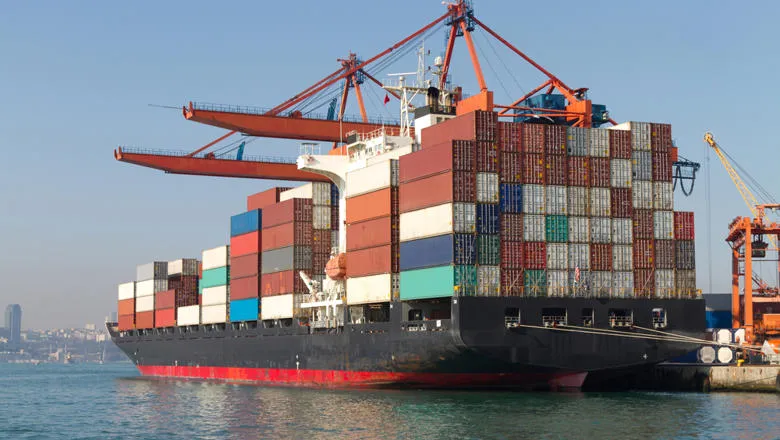Our results provide new insights into the politics of trade shocks and show that citizens appear to respond to how changes in the composition of trade affect their own labour market prospects.
Dr Cevat Giray Aksoy
02 February 2022
Trade shocks can have 'significant impact' on government approval ratings
Trade shocks can have a significant impact on the approval ratings of governments, a new study has shown, but the reaction can vary depending on the skill level of workers and the type of goods being imported or exported.

Researchers found that growth in high skill intensive exports increased confidence in the incumbent government among skilled workers relative to their unskilled peers, while growth in high skill intensive imports had the opposite effect.
Likewise, low skill intensive exports increased support for the government among the unskilled relative to the skilled, while low skill intensive imports did the opposite.
The research, co-authored by Dr Cevat Giray Aksoy (King’s College London, European Bank for Reconstruction and Development), Professor Sergei Guriev (Sciences Po), and Professor Daniel Treisman (UCLA), has implications for governments when introducing trade policy or taking measures to respond to trade shocks.
Dr Aksoy said: “Our results provide new insights into the politics of trade shocks and show that citizens appear to respond to how changes in the composition of trade affect their own labour market prospects.
“We found that if all trade flows move by 10 per cent in the direction favoured by the high skilled and against that favoured by the low skilled, then confidence in government among the high skilled is predicted to rise by 1.6 percentage points relative to the level among the low skilled.
“And, if we replace 10 per cent in this example with the average within-country standard deviation, the resulting gap in confidence in government increases to 4.8 percentage points—a significant difference given that average confidence in our sample is about 50 per cent.”
Data for the study was drawn from Gallup World Polls, gathered between 2005-2018, taking in more than a million individuals in 120 countries, and UN Comtrade, a detailed database of international trade statistics.
High skill workers are defined as those who have completed tertiary education with those who haven’t classified in this study as low skilled.
Read more...
You can read the study, Globalization, Government Popularity, and the Great Skill Divide, here.

